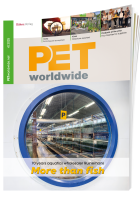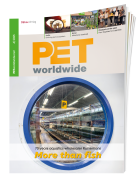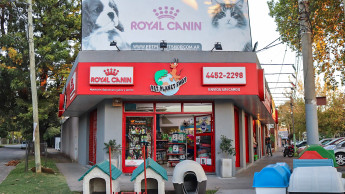In spite of this, the consequences of the pandemic will have a significant impact even on the pet sector. Smaller companies in particular, which only have limited reserves and cannot withstand a big sales hit or even a collapse in sales for long, could be among the numerous victims of this crisis. Without a carefully thought-out concept, start-ups could also find it tough to become established in the market in the next few years. This is because many retailers rely on tried and tested suppliers when the going gets hard and are less receptive to new ideas. The fallout from the coronavirus crisis will also affect companies that were previously considered well positioned, however, and even they might have a difficult time in the months to come.
Notwithstanding the grave situation, the pet sector should resist the temptation to fall into a collective depressive state of shock. Other, better times will come again. And times of crisis do not normally impact the pet sector anywhere near as badly as other sectors of the economy.
Many people are saying that the world won't be the same after the coronavirus crisis. In truth, the right lessons need to be learned from this crisis: we should seriously question, for example, whether the type of globalisation practised hitherto won't lead the entire world into a blind alley in the medium and long term. The coronavirus pandemic has shown just how vulnerable an interconnected global economy is. For a long time, many companies have been seduced by the option of having goods manufactured cheaply in the Far East, mostly as a reaction to the strong pressure applied by the major retail groups, which have been demanding lower and lower prices from their suppliers for years.

 Menü
Menü








 2/2020
2/2020












 Newsletter
Newsletter